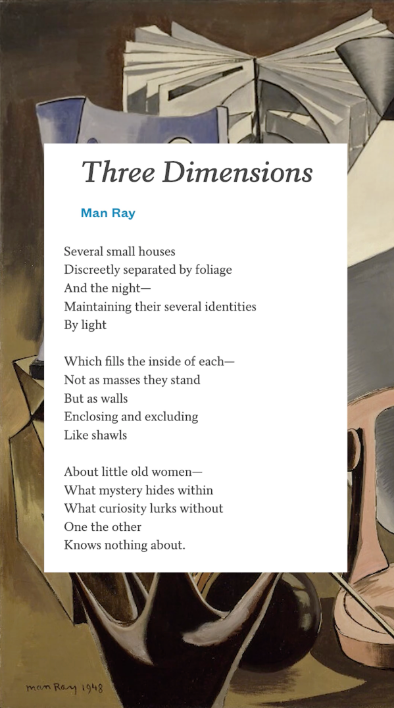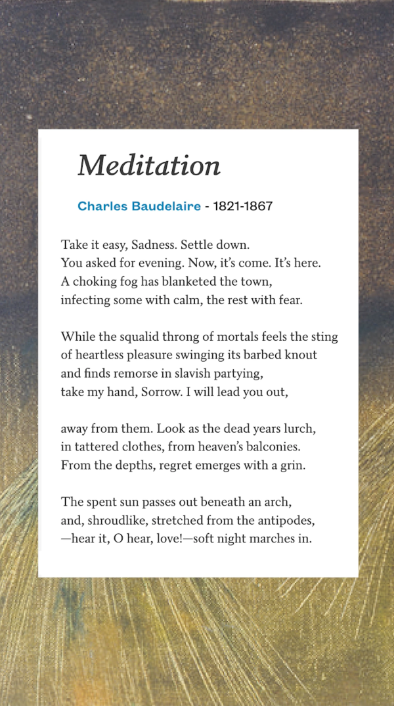Surrealism emerged as the direct result of the publication of André Breton’s Le Manifeste du Surréalisme (Manifesto of Surrealism) in 1924. In this manifesto, Breton presented two definitions of Surrealism:
SURREALISM, noun, masc., Pure psychic automatism by which it is intended to express, either verbally or in writing, the true function of thought. Thought dictated in the absence of all control exerted by reason, and outside all aesthetic or moral preoccupations.
ENCYCL. Philos. Surrealism is based on the belief in the superior reality of certain forms of association heretofore neglected, in the omnipotence of the dream, and in the disinterested play of thought. It leads to the permanent destruction of all other psychic mechanisms and to its substitution for them in the solution of the principal problems of life.
The first definition speaks to the Surrealist methodology—the use of techniques, such as automatic writing, self-induced hallucinations, and word games like the exquisite corpse to make manifest repressed mental activities. The second definition lays out the surrealist view of reality and expresses the Surrealist’s desire to open the vistas of the arts through the close observation of the dream state and the free play of thought.


